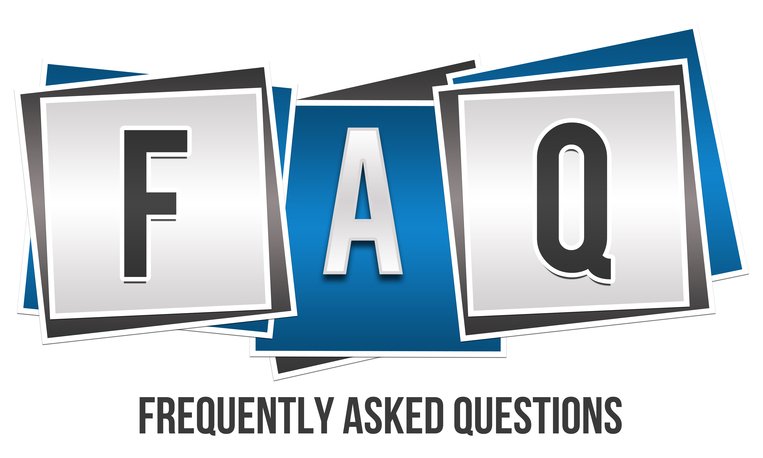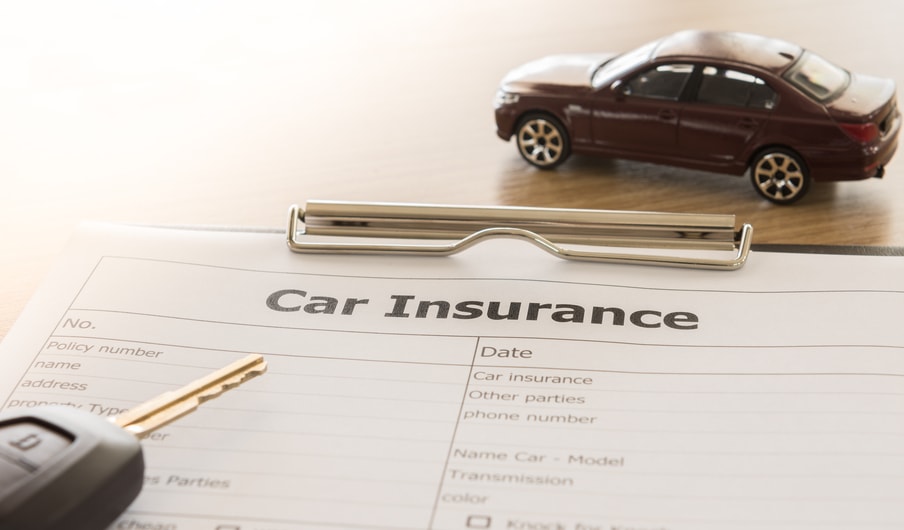Workers’ comp is an extensive subject with many rules, guidelines, and best practices. Because there is so much involved, we have decided to do a two-part series about the two main categories: medical benefits and lost wages or indemnity benefits. This is second first part of the series, covering lost wages and indemnity. You can find the first part of the series, covering medical benefits, here.
As we mentioned in part one, workers’ compensation is a form of insurance that employers with more than four employees must have. Workers’ compensation, or workers’ comp, replaces wages and provides medical benefits to employees who are injured at work. If you have been injured at work, you may be eligible for workers’ compensation. Keep reading to learn what you need to know about lost wages and indemnity.
How Are Benefits Determined?
To determine how much you qualify for, your employer will look at your average weekly wage, or AWW, for the last thirteen weeks before your injury. The AWW usually includes the wages from your employer and from any concurrent jobs that you hold that you will not be able to work during your recovery period. Lost wages are paid through temporary disability or permanent disability.
Temporary Disability
Temporary disability falls under three categories under the law: temporary total disability (TTD), temporary partial disability (TPD), and retraining temporary total disability benefits.
Regardless of which category of temporary disability you fall under, you are only eligible to be paid for the first seven days that you are out of work if you miss working for more than twenty-one days. Otherwise, you will not be paid temporary disability for the first seven days of work that you missed.
Disability is only paid if your doctor orders that you reduce or limit your work. In order to receive disability payments, you must provide proof of your doctor’s restrictions to your employer. Also, note that TTD and TPD are payable for 104 weeks or if you have reached MMI—maximum medical improvement. There is currently a case in the Florida Supreme Court that may extend partial disability past 104 weeks, depending on the verdict.
-
Temporary Total Disability (TTD)
If your injuries are severe enough that your doctor orders you not to work at all, then you will be eligible to receive TTD. TTD benefits are paid at 66 2/3% of your average weekly wage. You may not work and receive TTD benefits, as that is criminal workers’ compensation fraud.
-
Temporary Partial Disability (TPD)
Injuries that result in TPD are generally less severe than those that result in TTD. In order to qualify for TPD, your physician must have given you physical restrictions that prevent you from doing some of your work, and therefore keep you from earning 80% or more of your average weekly wage.
Because you can still perform some work, just not work that can exacerbate your injury, your employer may offer you lighter work. If you turn down replacement work, you may not receive TPD benefits. If you are offered light work, speak with an attorney to understand your options.
TPD is paid at 64% of your AWW if you are not working. If you are working and earning some wages, but less than the required 80% of your AWW, then your TPD benefits will be figured by taking your gross earnings from 80% of your AWW, then multiplying that number by 80%.
Once you are placed at MMI by your doctors and given permanent restrictions, you may qualify for retraining through the Division of Workers’ Compensation. If you qualify for such retraining, then you are supposed to be paid TTD wages while going to school/retraining, but that program is underfunded and many deserving individuals do not qualify. The retraining TTD benefits are also currently subject to the 104-week cap on temporary benefits.
Once you have reached MMI or exceeded the 104 weeks of disability benefits and you still cannot work your previous job, you may be able to receive retraining from the Division of Workers’ Compensation. In cases in which you qualify for retraining, you will be paid TTD benefits—remember, this is 80% of your AWW—for the duration of your training or up to 104 weeks.
Retraining is a poorly funded program, so it is difficult to qualify for this benefit. As always, speak with an attorney to discuss filing for retraining TDD.
Permanent Disability
If retraining is not an option, and you have reached MMI and received benefits for the maximum 104 weeks of temporary disability, you may qualify for permanent disability. There are two kinds of permanent disability—impairment benefits and permanent total disability benefits—and depending on your situation, you may qualify for one of them.
If your injury or accident has left you with a permanent impairment, you may be entitled to impairment benefits. This is a highly variable benefit which requires your physician to give you a permanent impairment rating. Your rating will determine how much you get paid (once again based on your AWW), and for how many weeks you receive payment.
Once you qualify for impairment benefits, you will receive them regardless of whether you are working. If you are employed and making as much or more than you made before, impairment benefits are paid at 33 1/3% of your AWW. If you are making less than you did before your injury, your benefits can be paid at 50% of your AWW.
Permanent Total Disability (PTD) Benefits
If the work restrictions given by your doctor are particularly severe when you have reached MMI, you may be eligible for permanent total disability (PTD) benefits. In order to qualify for these benefits, you must prove that you cannot work within 50 miles of your home under the restrictions set forth by your doctor.
In order to prove this, generally, you have to show a long and unsuccessful job search. You must be unable to find work, even part-time sedentary work, after a search of at least six months.
Workers’ compensation is a huge and complex issue that is difficult for many to grasp. There are so many facets of this coverage that many people do not know where to begin. If you think you should receive workers’ compensation, or that you are eligible for disability benefits, then contact C.W. Smith, Public Attorney, to find out what you are entitled to.










